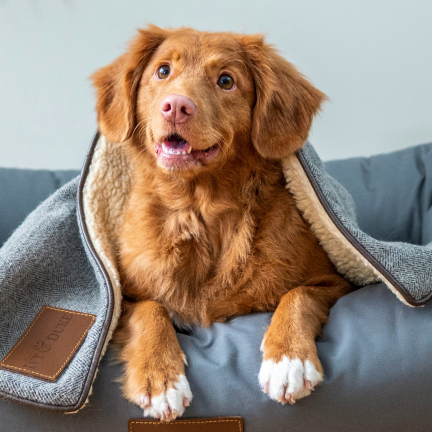Blog:Expert Surgical Solutions for Pet Orthopedic Issues

Is the pet you love so much experiencing trouble with his or her bones or muscles? If they are, your furry family member might be facing an orthopedic issue. Genetics or just wear and tear over a long period of time can lead to these issues. However, you need not worry since orthopedic surgery can offer a solution. It can help your furry friend feel better and move with greater ease.
Orthopedic surgery encompasses various procedures that handle many issues. Some of the most common types include:
CCL Repair
This surgery is a solution for a dog with a torn ligament in his or her knee. The knee’s stability and pain prevention usually depend on the ligament’s essential role. CCL repair surgery can restore stability and ease pain, allowing your dog to move comfortably again.
Hip Dysplasia Surgery
A poorly fitting hip joint can cause your pet to experience pain and lameness. Hip dysplasia surgery is geared toward correcting this issue. It improves the fit of the hip joint and reduces discomfort.
Elbow Dysplasia Surgery
This surgery addresses a poorly fitting elbow joint that can result in pain and lameness. Elbow dysplasia surgery aims to enhance the fit of the elbow joint, providing relief from discomfort.
Arthroscopy
This minimally invasive surgery involves using a small camera and specialized tools to inspect and address problems inside a joint. Arthroscopy diagnoses and treats various orthopedic issues. These include torn ligaments and arthritis.
Consulting Your Veterinarian for the Best Option
Talk to your veterinarian if you think your pet needs orthopedic surgery. They will carefully assess the following factors:
Age: This plays a role in surgical success, as older pets may not respond as well to surgery as younger ones.
Health Condition: Pets with other health problems may require additional consideration before surgery.
Recovery Time: The period it takes for a pet to recover from surgery varies.
Cost Consideration: Orthopedic surgery can be costly, so weighing the financial aspect while making your decision is crucial.
Preparing Your Pet for Surgery
Here are some things to consider to get your pet ready for orthopedic surgery:
Ensuring your pet’s vaccinations are current helps minimize any additional risks during surgery.
Blood work is often necessary to assess your pet’s overall health and detect potential issues before the surgery.
If your pet is overweight, your veterinarian may recommend weight loss before surgery to improve outcomes.
Bathing your pet the day before surgery is a simple yet essential step to maintain cleanliness and reduce infection risks.
Postoperative Care
After surgery, your veterinarian will closely monitor your pet’s recovery progress. As your pet heals, your veterinarian will offer comprehensive home care instructions for your pet.
Considering the Pros and Cons
Orthopedic surgery benefits pets with orthopedic problems, but it is not always the best choice. Discuss your pet’s needs and circumstances with your veterinarian.
Conclusion
Orthopedic surgery can be a transformative solution for pets facing orthopedic issues. It provides improved mobility and a better quality of life for pets. Consult your veterinarian and consider the benefits and costs before you make a decision. This will lead to the best outcome for your furry companion.
For more information on pet orthodontic issues, visit Cochise Animal Hospital at our Scottsdale, Arizona, office. Call (480) 462-5927 to schedule an appointment today.



